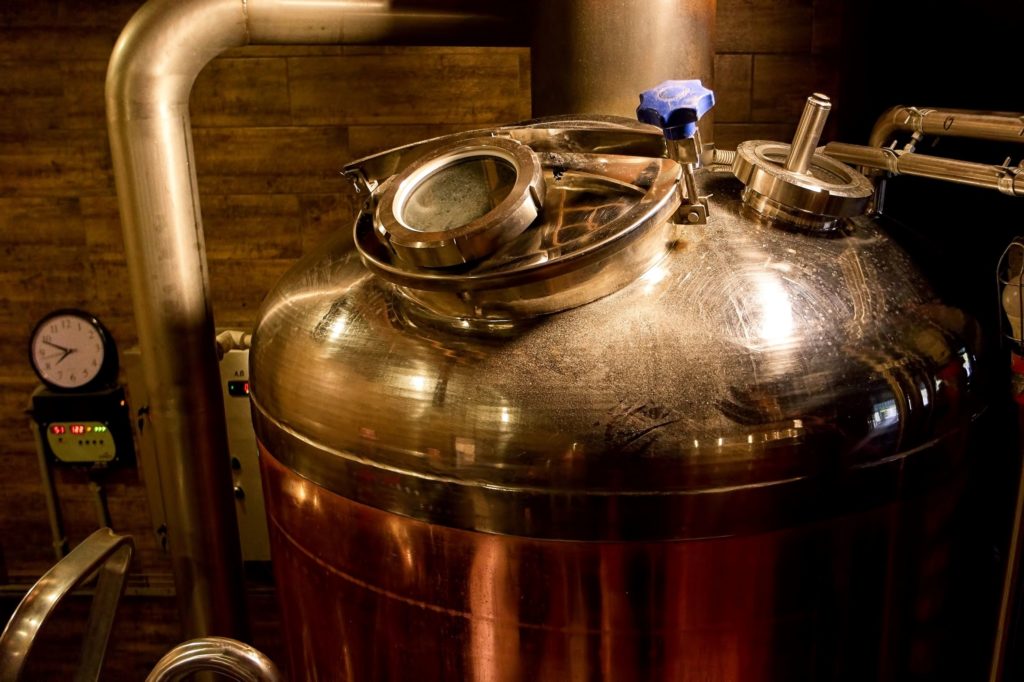

Crafting Your Business: Post 4 of 4 in the Series from the NYS Craft Beverages Handbook
If you are a brewery owner grappling with brand names for a brewery, a brew pub or products, uncertainty over whether your chosen names are available for your intended uses will undoubtedly cause some anxiety. We often hear from clients that they want assurance that they can use the names and designs they pick, and protect those from being taken by competitors before they are ready to bring their product to market. No entrepreneur wants to spend scarce dollars developing product names, hiring artists and creating logos, labels, packaging, signs, menus, marketing materials and ads, only to learn that their chosen brand names belong to someone else, or that someone you met at a conference applied to register one of your brand names or logos as a trademark before you did.
Trademark selection and protection mistakes at the product development stage can derail marketing plans, upset budgets, result in lost goodwill earned from hard-won pre-market publicity, and can even land you in legal hot water when you can least afford the expense, or the distraction. That’s why it is important to consult with a trademark attorney early in the branding process. They can help you select strong, distinctive brand names, and conduct cost-effective knock-out searches. Those efforts will help minimize the risk that you launch a new beer using a name that’s too similar to a trademark owned by someone else. For greater certainty, your attorney can also obtain a full trademark availability search and give you an opinion of your rights.
You (and your competitors) will acquire trademark rights in the U.S. through use of a mark, even if the marks are not registered. This applies to anything that functions as a trademark, including, logos, words, phrases, sounds, colors and even distinctive, non-functional product packaging and building designs. Therefore, once your brand names are green-lighted, you should consider applying to register them with the U.S. Patent and Trademark Office, even if (especially if) you have not yet begun to advertise or sell your products. U.S. law allows you to apply to register a trademark based on your intent to use a mark in connection with the sale of products.
Once the Trademark Office allows your “intent-to-use” application for registration, you will have six months to show that you have used the mark in the sale of the products listed in the application. If that’s not enough time, you can get extensions every six months, giving you up to three years to start using the mark if you are making efforts to get the product out. Those efforts might be product development, market research, or lining up distribution, for example.
Your pending intent-to-use application does not give you the immediate right to sue to enforce the trademark against infringers, but it does give you a “priority” that relates back to the date the application was filed. That means that once you have used your mark and obtained your registration, you will have the right to enforce your registered mark against anyone who adopted the same or a confusingly similar mark after the date of your application, even if they started selling their product before you. If you miss a filing date and let your application lapse, or you run out of extensions, however, you will lose your priority and could even be blocked by that competitor from starting over. It may be worthwhile to get the assistance of an experienced trademark lawyer to guide you through the registration process.
Get the full handbook now. (Include “Handbook” in the Additional Comments field.)